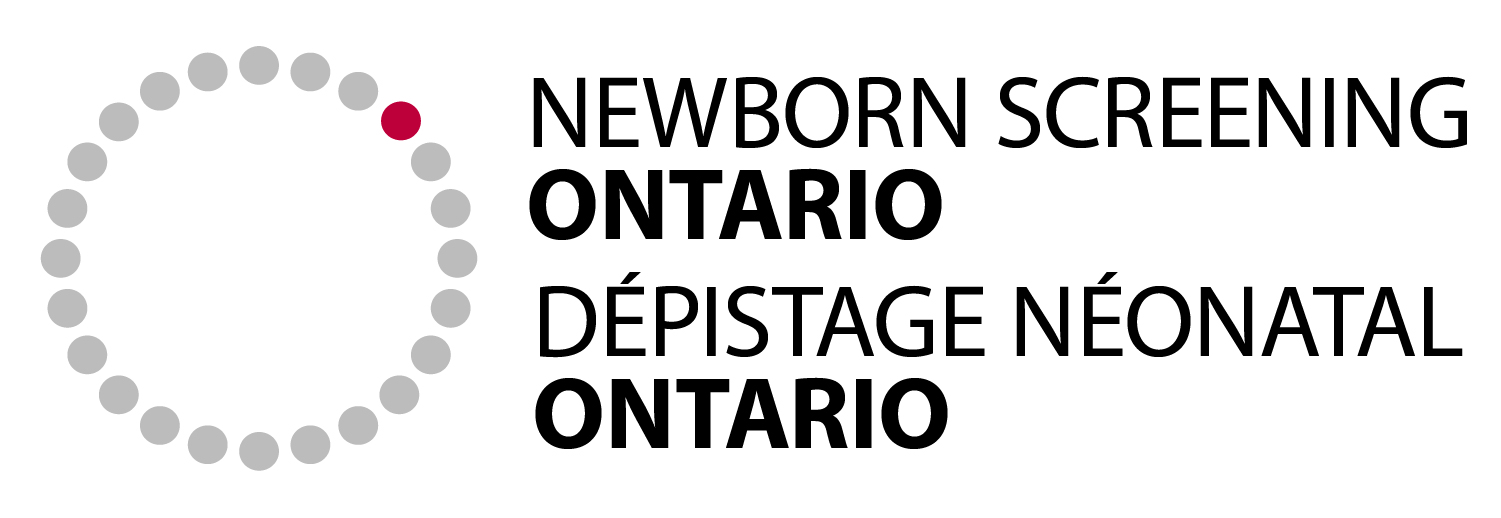If a child carries an autosomal recessive variant for PHL, it is almost certain that at least one of the parents is also a carrier. More rarely, both parents could be carriers. If both parents are carriers, then there is a 1 in 4 (25%) chance each child of these two parents could inherit two variants and be at higher risk to have PHL. Typically, carriers themselves do not have PHL.
Permanent Hearing Loss Carrier Results
- Genetic risk factor screening for permanent hearing loss (PHL) identifies babies who are at risk for PHL due to the identification of two variants in one of the genes testing (i.e., GJB2/6, or SLC26A4). Hearing loss related to these genes is inherited in an "autosomal recessive" fashion. Babies with two variants in the same gene are considered "screen positive" and are at increased risk for PHL, whereas babies with a single gene variant are considered "carriers" and are not usually at increased risk.
- Carrier status is not routinely reported as part of hearing loss risk factor screening, but can be requested from NSO. Learning a child’s carrier status is optional. A parent or guardian may or may not wish to obtain this information about their child. Carrier results are only available for babies born on or after July 29, 2019, who participated in hearing loss risk factor screening.
- See below for some reasons why parents/guardians may or may not want to learn about their child’s carrier status.
Special circumstances:
- If you are the parent of a child who has PHL and your child’s risk factor screening result was "screen negative", talk to your health care provider about the possibility of requesting further testing through NSO.
- If you have a family history of childhood onset PHL, regardless of your child’s risk factor screening results, you may wish to seek a referral to your local Genetics Clinic for genetic counselling and more information.
Reasons for knowing
Other children in the family (i.e. siblings)
Some parents choose to learn their child’s carrier result so that they can tell their child this information in the future when they are planning their own family.
Sharing information with other family members
If a child carries an autosomal recessive variant for PHL, it means that other family members (i.e., brothers, sisters, aunts, uncles, cousins, etc.) may also be carriers.
Reasons for not knowing
Most carriers of a recessive variant for PHL are not detected through risk factor screening
The risk factor screen for PHL only looks for a few (and not all) variants in the GJB2/6 and SLC26A4 genes. This means that only carriers of these selected variants the genes tested can be identified. A person who is not found to be a carrier of any of the variants on the risk factor screen could still be a carrier of another gene variant in these genes. Also, there are many other genes related to causing early-onset PHL, which are not included on the screen.
Learning this result is not urgent
Carriers have a low risk to have early onset PHL and do not need any special or different care than other children. Some parents wait until their child is old enough to make their own decision whether to learn their carrier results.
Some parents say that learning their child was a carrier made them worry about their child’s hearing or treat their child differently, even though their child is not at high risk to have PHL.
If a child is found to carry a recessive variant for PHL, the parents could be offered the option of carrier testing to determine if either of them are also carriers. This testing could indicate that the person thought to be the child’s father, is not actually the biological father.
Most of the reasons for wanting to know a child's PHL carrier status are related to having information to help predict if a child in the family will have PHL. If a child is predicted to be at higher risk for PHL, then a plan can be put in place to test and/or monitor the child’s hearing as early as possible. Remember though, that all infants born in Ontario are offered newborn hearing screening and the option of risk factor screening regardless of whether there is an increased risk for PHL in a baby or family.
Request your child's carrier status (GJB2/6 and SLC26A4 genes)
There are two ways to request your child's carrier status for PHL:
- Complete the online request form, or
- Send a completed PHL Carrier Results Request Form to NSO by mail, email, or fax:
-
- Mail to Newborn Screening Ontario, 415 Smyth Road, Ottawa, ON K1H 8M8
- E-mail to newbornscreening@cheo.on.ca
- Fax to (613) 738-0853
For the privacy and protection of this child, this form must be completed by the child's health care provider or the child's mother. The mother is the only guardian known to NSO as her name is sent to us with the newborn screening sample. If another legal guardian is requesting these results, please mail the completed form with Proof of Guardianship to NSO. Results will be released to the health care provider listed on the form.
Contact Us
Children’s Hospital of Eastern Ontario
415 Smyth Road
Ottawa, Ontario K1H 8M8
Toll-Free: 1-877-627-8330
Local: (613) 738-3222
Fax: (613) 738-0853
